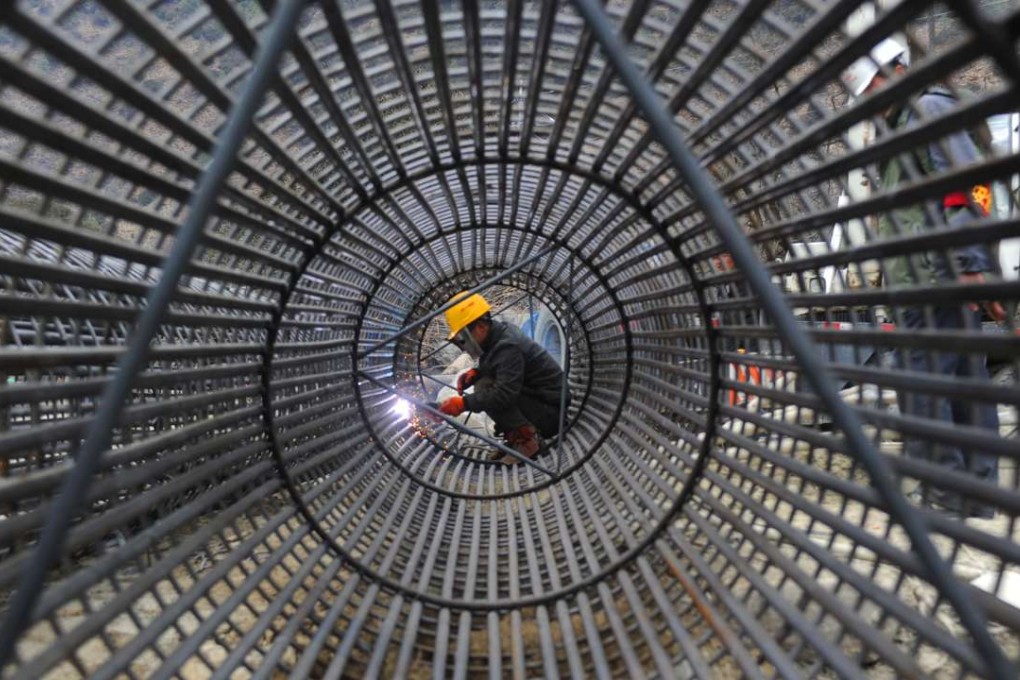Xi Jinping’s chance to turn infrastructure into a new building block for Sino-US ties

Chinese President Xi Jinping has the chance this week to lay the groundwork for a new era in the often-fraught Sino-US relationship, with infrastructure potentially replacing climate change as the cornerstone for cooperation between the two countries, according to diplomatic analysts.
Observers said Xi should promote his signature “One Belt, One Road” initiative to revive trade along ancient routes when he meets his US counterpart, Donald Trump, for a two-day summit in Florida from Thursday.
The belt-and-road plan could be common ground for the two leaders in the same way that Xi established an unlikely rapport with Trump’s predecessor, Barack Obama, on climate change.
“I think Trump will be intrigued by it because Trump is very interested in infrastructure and he wants to upgrade American infrastructure and look for opportunities for US businesses,” Gal Luft, co-director of the Washington-based Institute for the Analysis of Global Security, said.
In Obama’s last years in the White House, Beijing and Washington frequently used their common cause in cutting greenhouse gases to salvage relations mired in mistrust over conflicting security and trade interests.
China’s sovereign wealth fund wants to invest in the US infrastructure rebuild, chairman says
But things have changed dramatically less than three months into Trump’s presidency, with the former real estate mogul aggressively backtracking on Obama’s climate policy. “During Obama’s time climate change was sort of the magical issue the two sides always resorted to and they found common ground,” Luft said. “But with Trump, he couldn’t care less about climate change.”